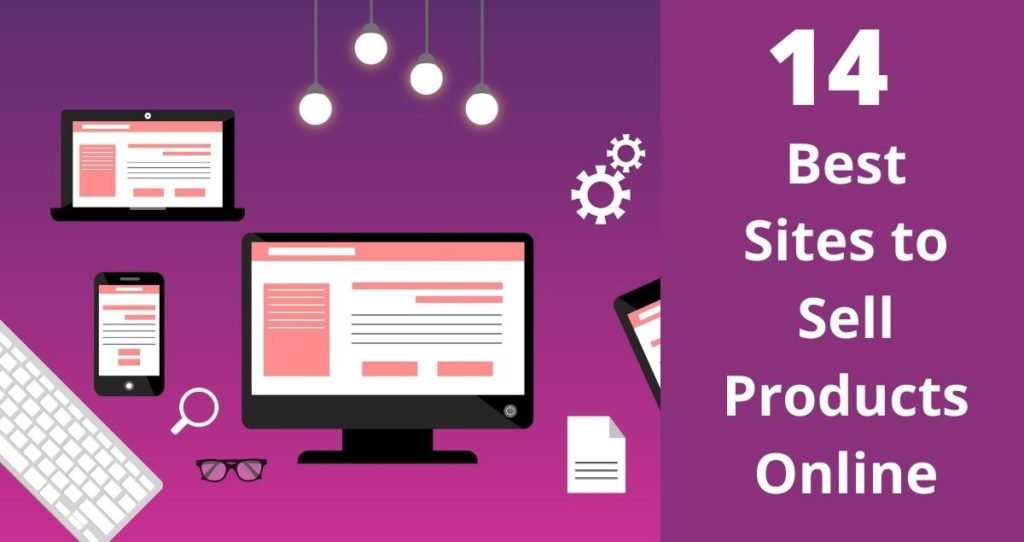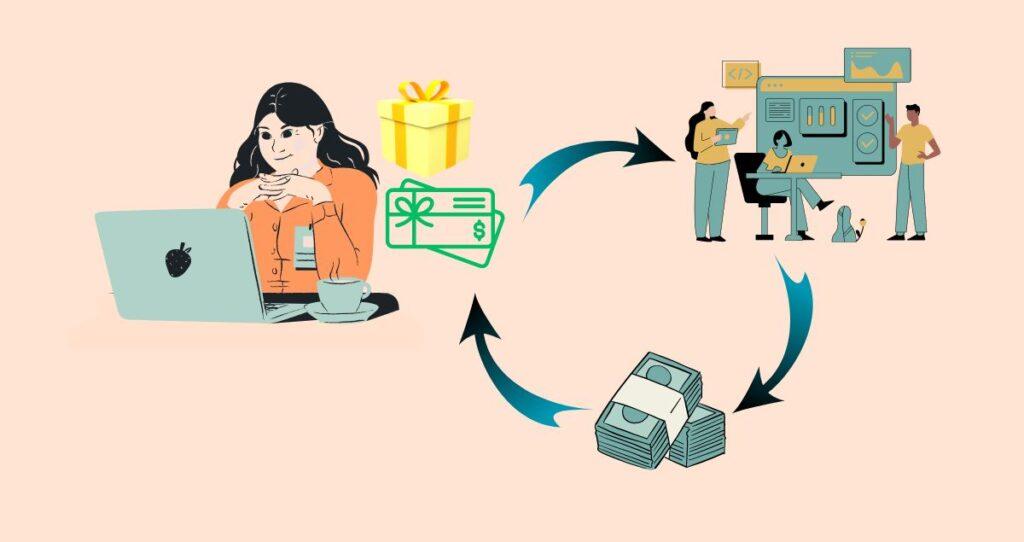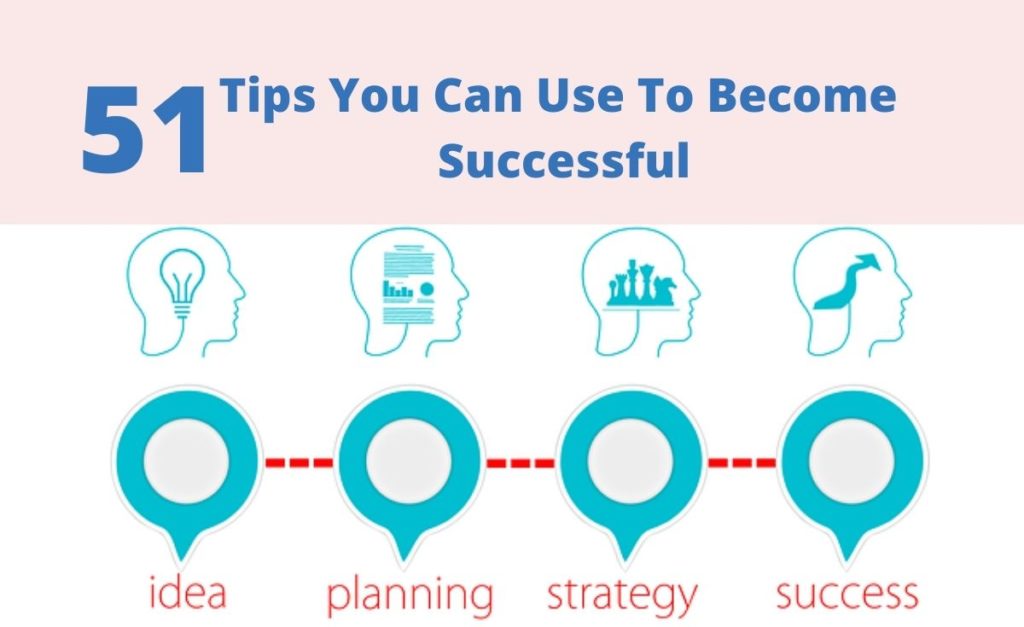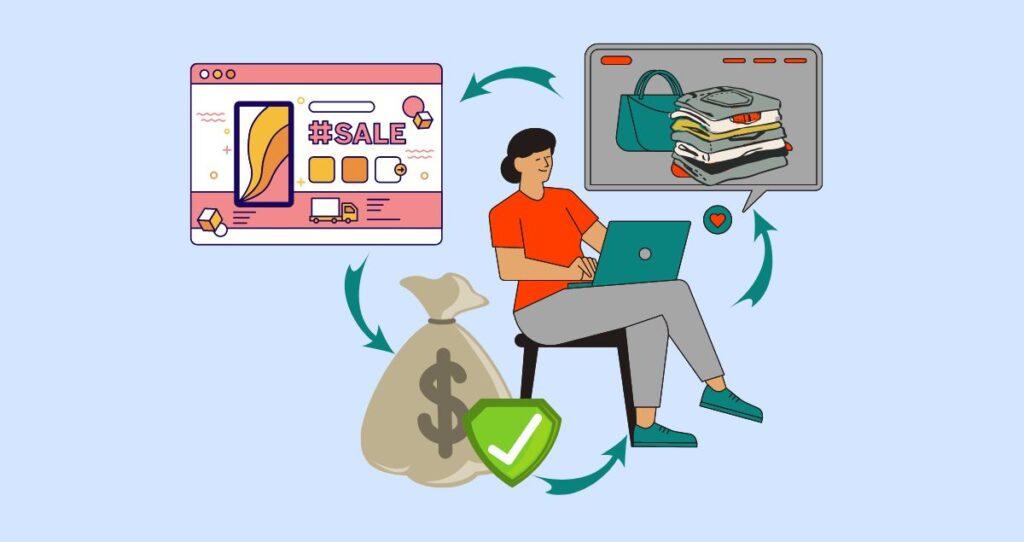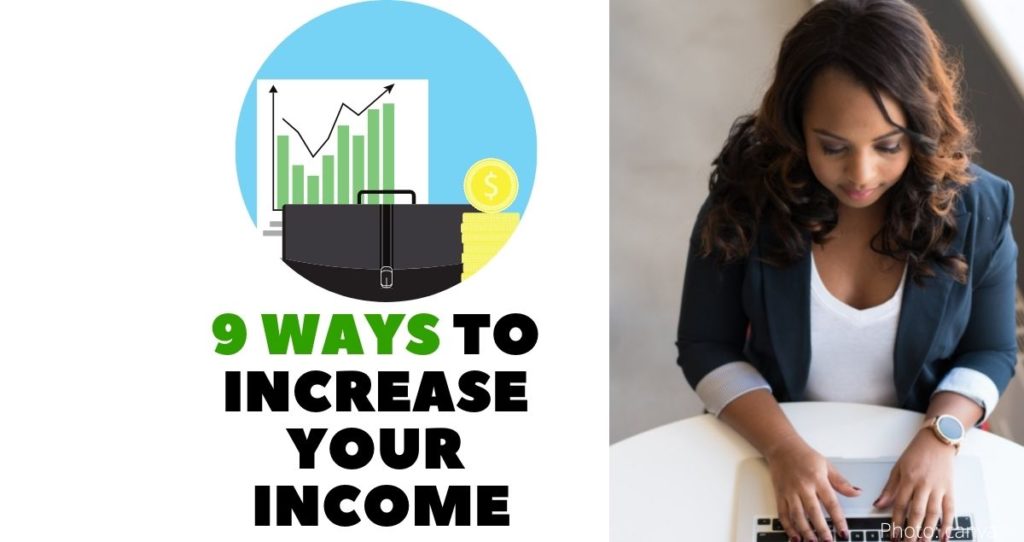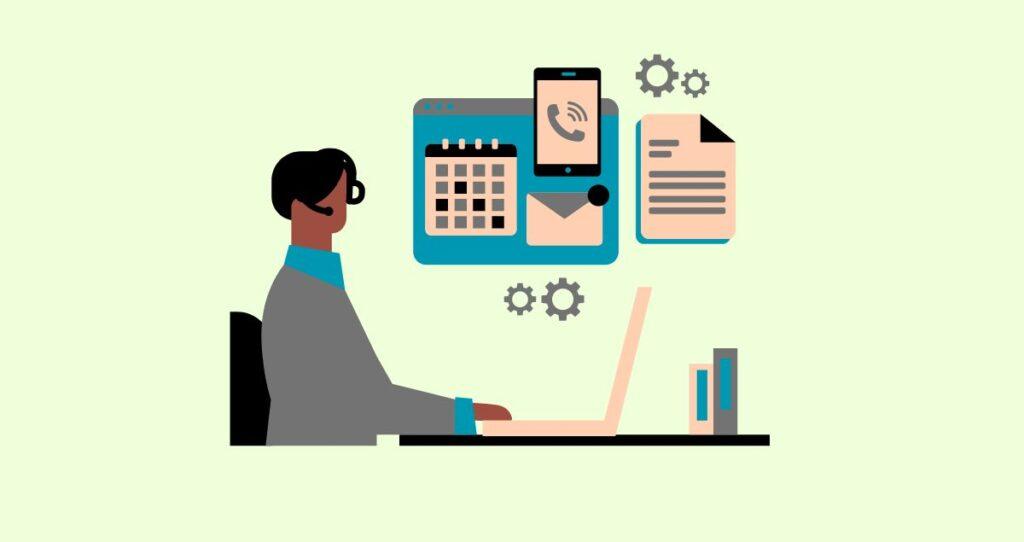Landing a job maybe be one of the happiest moments in your life, especially after hundreds of applications and dozens of unsuccessful interviews. As much as you celebrate, however, it’s equally important to start creating a secure financial future. Even if you have a job now, there is no guarantee that you will have it tomorrow. You also don’t want to work your entire life just to earn a paycheck. Savvy money management, building an emergency fund, and saving to invest are three of the cornerstones of secure finances. Taking the right steps now can save you from expensive surprises down the road. If you are interested in knowing how to properly use your paycheck to secure your financial future and build financial resilience, you have come to the right place.
In this article, we’ll discuss how you can take advantage of your active income to build a strong financial foundation, build wealth, and reach financial independence. Some of the topics we will cover include but are not limited to how to manage your income, create an effective budget, and set up an emergency fund. We’ll also cover the fundamentals of creating a retirement plan and investing in your future. With the right mix of decisions, you’ll be able to plan your financial future with confidence.
Without further ado, let’s get started.
Why should you worry about securing your financial future after landing a job?
One of the biggest mistakes a lot of people make after landing jobs is to work like machines hoping to never get fired or laid off. I hate to tell you this but no matter how good you are, you can still be fired from your job.
It all depends on your company’s profitability and its ability to stay in business. If the company is not making money, there will be no reason to keep you on the payroll. Your boss can even fire you not because you are not good but because he/she does not like you. In order words, you are expandable and can be fired at any time.
I am not telling you to be lazy or hate your job
I am not telling you to not work hard and make a difference at your workplace. Instead, it is critical to treat your job as a temporary thing that will not last forever. You have it today, but you might not have it tomorrow. Even if your job can last forever, why would you want to work until you die when you could use your time to do the things you love?
Don’t you want to travel, retire early, change careers, work on your own terms, etc? You can still work no matter your age. But, build a life where your financial success, happiness, wellbeings, etc. do not depend on your job. Because, once that job is gone, your world as you know will come to an end.
The good news is that you can use your job as a stepping stone to secure your financial future.
Since your job will not last forever, how can you build a lifestyle and structure your finances in a way that even if you lose your job, the future of your finances will not be jeopardized?
The following are tips you can use to strengthen your finances and design a future that does not depend on the job.
1. Excel at your job
The first step to securing your financial future is to excel at your job. This sounds like the normal rhetoric you hear from all over the place. But, the purpose of being good at your job is to make sure that you don’t lose it too soon. Yes, you don’t want to work your entire life. But, you also don’t want to lose your job too soon due to poor performance either.
A proven strategy to secure your financial future is to use your job as a stepping stone. All you have to do is to keep your job long enough and use the income from your job for your benefits. In order to do that, you need to be good at what you do. Otherwise, you can easily be replaced by a high-performing individual and lose all the chances to secure the security of your financial future.
So, you need to be good enough to stick around for as long as you need it. Being lazy and the weak link in your team will not cut it.
2. Work on yourself harder than you do at your job
Securing your finance’s future is more of developing new habits and acting on them than anything else. Your financial habits will start with why you want to work on your finances, having financial goals, and engaging in financial activities such as saving, budgeting, and investing to reach a bright financial future. This is possible only if you can work on yourself harder than you do at your job. While you have to excel at your job to secure a financial future, you also need to work on yourself, even more, to successfully build financial resilience.
Put yourself first because you matter more than your job
If you want to build a lifestyle that does not depend on the job, always put yourself first. Spend more time building strong habits and character that foster strengths, personal growth, and strong ethics. Work on yourself hard than you do at your job.
Instead of working overtime or picking those shifts that none wants to do in exchange for a raise or a promotion; use that extra time and effort to learn new skills. For example, you can use that time to learn how to create a balanced budget, learn how to save money, educate yourself on the basics of finances, and learn how to invest in different financial securities such as stocks, bonds, real estate, gold, Mutual Funds, Index funds, Exchange Traded Funds(ETFs), bonds, etc.
Not only that you will be doing great at your job, but you will also be building strong mental and financial habits to excel in life and have a bright financial future.
Instead of going to work 30 minutes earlier and fighting for overtime hours, use that time to read a book, or start a side hustle. This is how to secure your financial future after landing a job.
3. Avoid the corporate ladder scheme
To secure your financial future, avoid the corporate ladder scheme. Most people spend their entire lives trying to climb the corporate ladders and forgetting about living and securing their financial futures. Although there is nothing wrong with applying for higher jobs that you qualify for, spending your life trying to be the next boss is wrong. People with these goals always get used for the sake of promotion and/or hurt someone else to get a promotion.
As I stated earlier, no matter your job title or how much you make, a job is a job and it can be taken away from you at any time. That is why after securing your job, your next move should be securing your financial future. And you can only achieve financial security based on what you do outside of your job.
That is right. Financial security comes from what you do outside of your job. If you have been focusing on your job rather than yourself, it is time to change the course. Spend more time thinking about how to build financial security instead of how to climb the corporate ladder.
You need to position yourself as if you will lose your tomorrow. What you do outside of your job is what will make the most difference in your life and finances in general.
4. Create a budget and stick to it
Budgeting is probably the most important step to secure your financial future. Most people think that a budget is a bunch of numbers on a piece of paper or in an Excel sheet. But, a budget is more than that. A budget is what gives you insight into how you are doing financially and what is hurting your pocket.
To secure your financial future, you need to understand every dollar you make, where it is spent, and how much you are saving. You can only achieve this financial step by creating a budget. If you don’t know how much you are making and what is eating your money, you are living in financial darkness.
Your budget will help you detect unnecessary expenses and where to cut down expenses when necessary to increase your savings.
5. Create an emergency fund
While job security might sound like a goal to achieve for everyone, having an emergency fund is another financial goal that you should not take lightly. Your ability to secure a financial future will also depend on how you can financially handle different financial crises. The future cannot be predicted. For this reason, you need to prepare for it. For example, a loss of a job, a car accident, or an unexpected medical bill can put you into a financial downturn that is hard to recover from. That is why you need to have an emergency fund to cover unexpected financial obligations.
After landing a new job, divert a portion of your paycheck into an emergency account. You need an emergency fund just like you need air to breathe. Why an emergency fund? Because you can easily lose your job and without enough savings to fall to, you can easily default on your loans and become homeless in a matter of months.
Related: 4 ways to save for emergency fund fast
How much should save in an emergency fund?
Saving for emergencies can be a bit tricky for some people. This is because there is no set amount you should save to cover any financial crisis you will encounter. Too much money into your emergency fund means that your money will be sitting idle when it could be utilized to bring in returns through different investments. Too little can spell disaster during a costly emergency.
So, how much money should you keep in an emergency fund?
A good emergency fund should have at least 3 to 6 months of your monthly expenses. For example, if you lose a job, three to six months is enough time to land another job and turn your finances around. Yes, there are times when you might not even get a job in a year but you don’t need that much in an emergency fund.
For example, if your monthly expenses cost $4,000, you should save anywhere between $12,000 and $24,000 in your emergency fund. This range translates to 3 to 6 months’ worth of expenses.
Having less than 3 months of expenses in an emergency fund is not enough. It usually takes a few months to recover from emergencies. That is why having at least 3 months of savings offers more security safety net. Saving more than six months of expenses in an emergency account is also not a good financial decision since the money will not be earning you anything.
Where to keep the money in your emergency fund?
The money in your emergency account should be accessible at any time. Most people create a separate bank account such as savings account specifically for emergencies. The beauty of a savings account as opposed to a checking account is that a savings account put some limitations on your funds. You can’t just swipe your card and spend money in your savings account.
In addition, the money inside a savings account earns you a small percentage in interest every year known as annual percentage yield(APY). Some people prefer buying short-term Certificates of Deposits(CDs. Others put their money into Money Market Accounts(MMAs). While this could be a smart way to earn a higher APY, these accounts come with harsher restrictions which make your funds less liquid. For example, if you bought a three-month CD with your emergency cash, you cannot liquidate them before the maturity date without being penalized. It is all about giving up higher returns to ensure access to cash.
6. Live below your means and never spend more than you make
Whether you heard about living below your means 50 years ago or yesterday, it is still the best way to secure your financial future. Learn how to live on less than you make. That is the key to all financial success. If you are having trouble saving money, it is probably due to a lack of understanding of the best personal financial principle which is “living below your means.”
Many people say they can’t save money while purchasing Starbucks coffee every morning, buying drinks at a vending machine, and/or smoking one pack of cigarettes every day.
Guess what? If you spend $6 on coffee every day, your total coffee cost at the end of the year will be $2,190. That is you handed over $2,190 to Starbucks without knowing it.
What if you smocked a $5 cigarette pack per day? You will spend around $1,825 on cigarettes alone. That is you smoked $1,825 in a year.
On top of these random expenses, people purchase designer clothes, brand name products, eat out every day, gamble, drink alcohol, etc. All these expenses can be avoided to help you save more money and secure your financial future.
If you want to lower your expense and save money use this guide: 20 clever ways to reduce expenses and increase savings.
To secure your financial future, follow the footsteps of successful people
All successful people understand and apply simple living habits in their daily lives. You can spend as much as you want after you have become wealthy. But, spending too much before you have made it means that you will never achieve the financial security that you desire. Those expensive cars, luxury homes, and expensive gadgets mean you will need to work two jobs and work more than anyone else to keep up with that lifestyle. And if for some reason you end up losing your job, you will need to sell those expensive things that you own to buy food. It is an inevitable fate.
To build financial resilience, buy only what you need and avoid costly products. Brand name products, luxury stuff, and unnecessary liabilities should be avoided. It is not about how much you make. What you keep makes all the difference.
7. Pay off your debts
Millions of people are stuck financially because of bad debts. A bad debt is any debt that does not earn you anything. On top of the list, there are credit card debts, personal loans, payday loans, auto loans, student loans, expensive mortgages, etc. All these debts keep you in a financial hole that is hard to recover from. You cannot secure your financial future when every penny you make gets taken by the lender.
If you have a lot of debts, put a lot of effort into paying them off. Unless you are investing, you should not accumulate a lot of debt. This is because debt is only good when you are investing. Not only that paying off your debts will help you improve your debt-to-income (DTI) ratio, but you will also improve your credit score which is essential in qualifying for more loans in the future.
To pay off your debts, start with the debt that has the highest interest rate while meeting the minimum monthly payments on other loans. This strategy is known as debt avalanche and will prevent your loans from accumulating by lowering interest charges. If you get motivated by small wins, use the debt snowball method where you pay off your debts starting with the lowest debt in dollar value while meeting the minimum payments on other debts.
You can also consolidate your loans and refinance your loans to make it easy to pay them off. Additionally, you can negotiate different payment plans and get favorable loan terms to meet your current financial situation and pay off your loans faster.
To refinance your mortgage, read this article: How to refinance a mortgage?
Refinance your car loan with this guide: How to refinance your car loan?
To refinance your student loans, use this guide: How to refinance your student loan: Easy guide
8. Take advantage of retirement accounts and employer contributions
After landing a job, your journey to securing your financial future will start right away. Tax is the biggest expense on your income. Not only that you pay an income tax, but you also continue to pay tax on your take-home earnings as you spend them. In order to boost your financial standing and build wealth, you must lower your taxable income by realizing less of your income. By realizing less income, you get to pay less tax and put your money into accounts where it grows tax-free or tax-deferred basis.
To get started, take advantage of all the financial products, services, and benefits that come with your job. Depending on your employers and the type of benefits you have, you might qualify for 401(k) plans, 403(b) plans, SIMPLE IRAs, etc. Most employers match your contributions up to a certain percentage which is extra free money into your pocket.
You can also open your own individual retirement account(IRA) using an online brokerage firm. Your contribution to some of these accounts will be tax deductible which will help lower your taxable income. The money in these accounts will also grow on a tax-deferred basis with helps you grow your net worth much faster.
If you have a high-Deductible Health Plan(HDHP), also contribute to your Health Savings Account(HSA).
Wanna learn why you should open an HSA? Read about HSA benefits with this guide: 7 benefits of HSA: Health savings account benefits you need to know.
Why would you make all these contributions? Because most of these accounts help you lower your taxable income. That is right. The biggest reason people don’t get ahead financially is due to paying a lot of taxes on their incomes. Why? Because they realized every penny they make and end up in higher tax brackets.
To secure your financial future, pay less tax by realizing less income. You can easily achieve this by contributing your money to the accounts I just described above. To grow your net worth even faster, contribute money to health insurance policies.
9. Save to invest
After having an emergency fund, any remaining amount should be invested. A big mistake a lot of people make is to keep their money in savings accounts for many years. With inflation at an all-time high, you don’t want your savings to stay idle in a savings account where you only earn 0.025% APY.
Your money should be invested in high-return investments to secure higher returns that beat inflation or at least keep up with it. Again, it is important to start making your money work for you so that once you lose your job, the passive income from your investments can still cover you. Don’t accumulate too much cash in your savings account. Instead, save to invest.
Why should you worry bout investing? Because financial security depends on how much you earn through passive income and cash flow. With enough earnings from your investments, you can easily quit your job, retire early, change your career, or simply work only if you choose to.
Think of the return on investment and cash flow instead of active income
Wanna learn how to invest money? Start with this guide: How to invest money: A complete guide.
At this level, I am assuming that you have taken advantage of all employer retirement plan benefits and related financial products. Next, start with income-generating assets and keep your money moving. You can also buy dividend stocks and earn that extra income stream from dividend payouts.
You can also look into bonds, ETFs, Mutual Funds, Index Funds, Real Estate, gold, and land. The investment options are endless and all you have to do is to get started.
Always remember that to secure your financial future, you need to start taking advantage of the benefits that come with your job and strategically use your take-home funds to earn more. Investing will help you build a lifestyle that does not depend on your 9 to 5 grind. Even if you lose your job, earnings from your investments could offer relief without the worry of losing your home or affording food.


